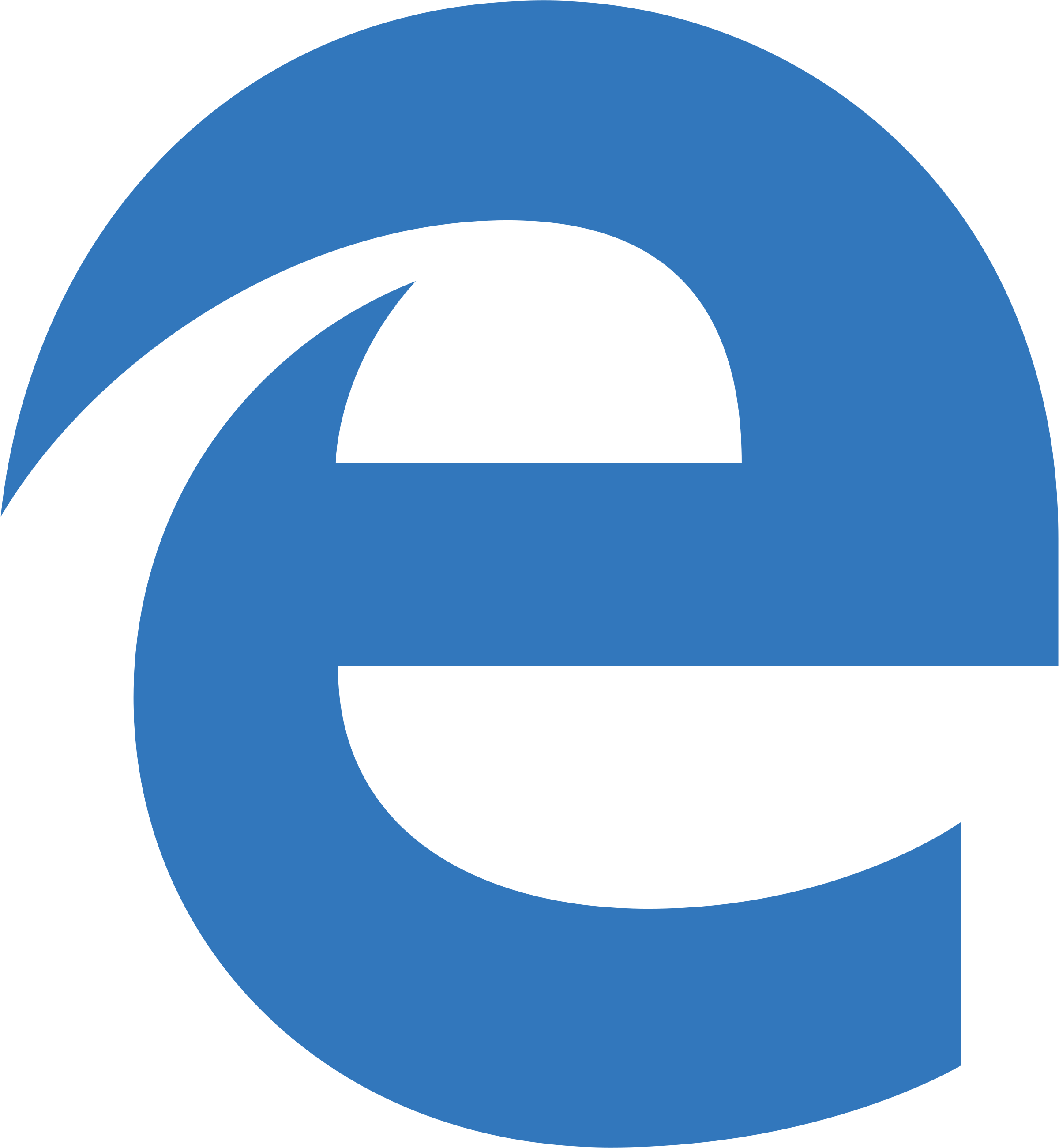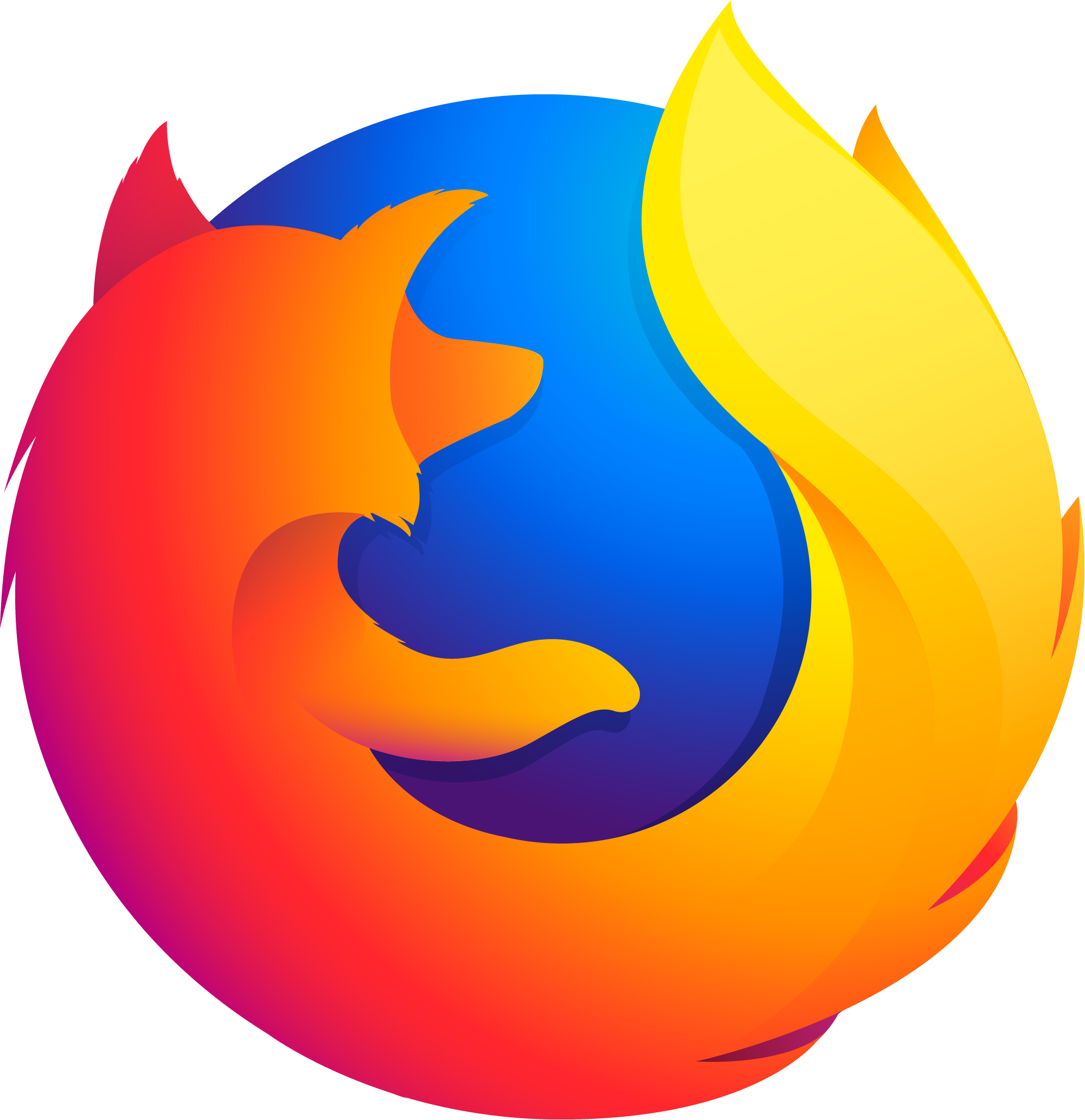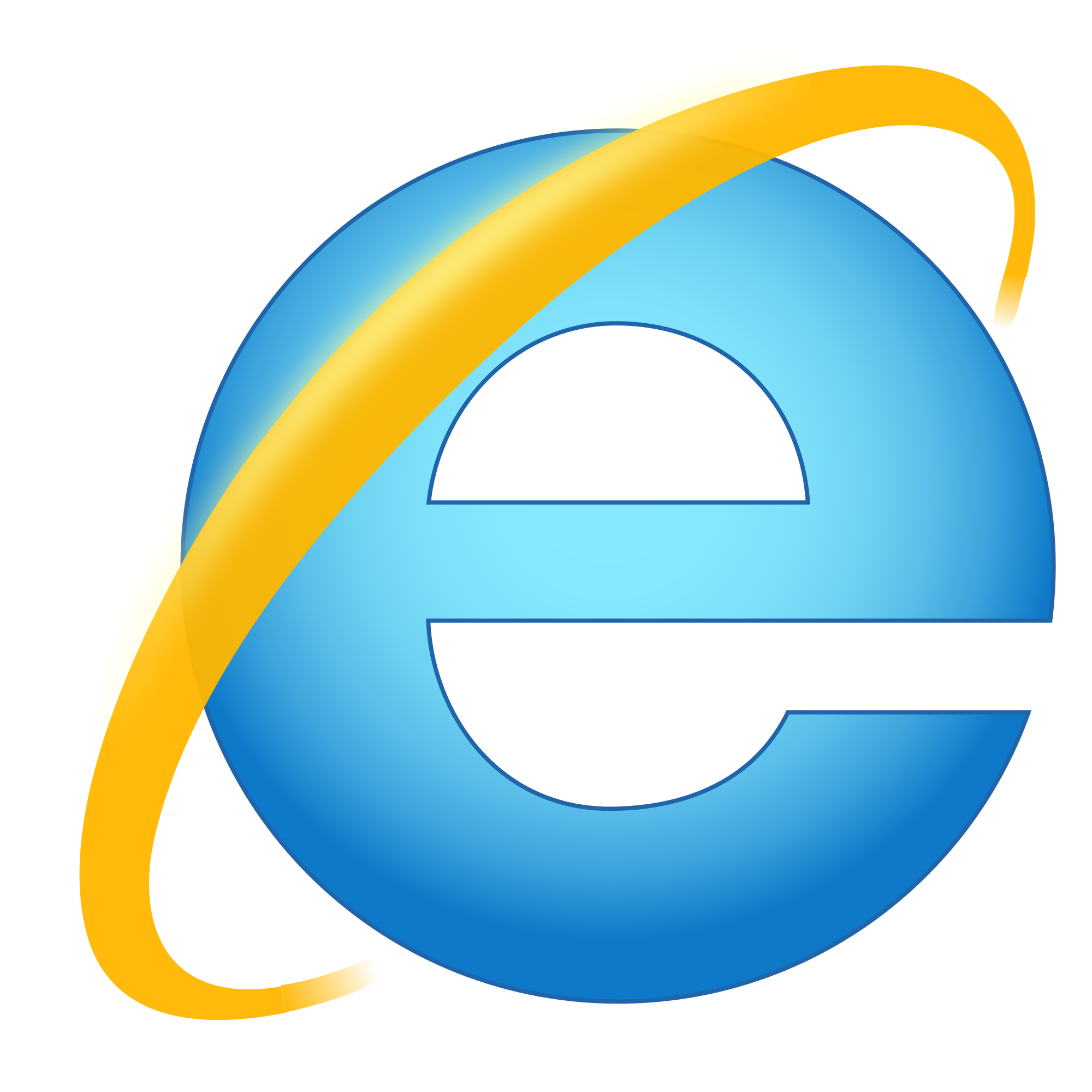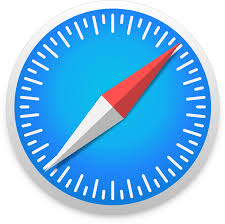HTML wbr Tag: Main Tips
<wbr>stands for word break opportunity. It means the browser will only add a line break if it needs to.- For a mandatory line break, use HTML5 br tag.
- HTML
<wbr>tag supports global attributes.

Pros Main Features
- Easy to use with a learn-by-doing approach
- Offers quality content
- Gamified in-browser coding experience
- The price matches the quality
- Suitable for learners ranging from beginner to advanced
- Free certificates of completion
- Focused on data science skills
- Flexible learning timetable

Pros Main Features
- Simplistic design (no unnecessary information)
- High-quality courses (even the free ones)
- Variety of features
- Nanodegree programs
- Suitable for enterprises
- Paid Certificates of completion

Pros Main Features
- A wide range of learning programs
- University-level courses
- Easy to navigate
- Verified certificates
- Free learning track available
- University-level courses
- Suitable for enterprises
- Verified certificates of completion
Definition of the Break Tag
When a word is too long, the browser can break it at unwanted places. By using the wbr tag, you can specify where the HTML5 line break should be if it's needed. It does not include a hyphen at the point of a line break.
Example
<p>longlonglonglong<wbr>"ThisIsUnbreakable"<wbr>longlonglonglong</p>The wbr tag has only been introduced in HTML5. It is an empty element, which means it does not have a closing tag.
Note: if you use the <wbr> tag for an eventual URL break, do it before punctuation. A punctuation mark at the end of the line could be mistaken for the end of the URL.
Browser support

Chrome
1+

Edge
All

Firefox
1+

IE
5.5+

Opera
11.6+

Safari
4+
Mobile browser support

Chrome
All

Firefox
4+

Opera
-

Safari
-
 HTML
HTML  CSS
CSS  PHP
PHP  JavaScript
JavaScript  SQL
SQL  Bootstrap
Bootstrap  Solidity
Solidity  jQuery
jQuery  Git
Git  Chrome DevTools
Chrome DevTools  C++
C++  Python
Python 



